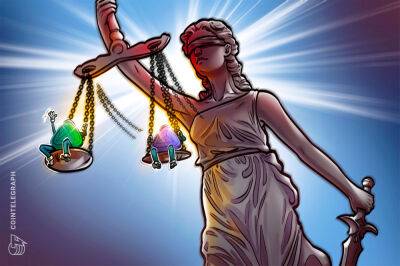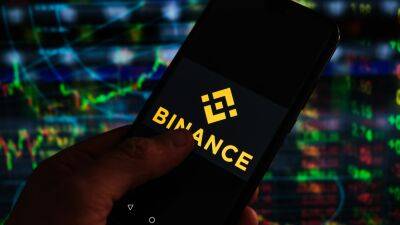What decentralization? Solend approves whale wallet takeover to avoid DeFi implosion
On Sunday, the decentralized finance (DeFi) sector came under scrutiny again after DeFi protocol Solend put together a spur-of-the-moment governance proposal related to one of the whale wallets at risk of liquidation.
The proposal, dubbed “SLND1 : Mitigate Risk From Whale,” was abruptly launched on Sunday without announcement and the vote closed with a 97% approval rating. The scandal comes on the heels of last week’s sudden layoffs from Coinbase and BlockFi, and the liquidation debacle of Three Arrows Capital. Adding to the melee of unexpected volatility and market sell-offs, the spur-of-the-moment alterations of a supposed decentralized autonomous organization, or DAO, show that crypto is not as “decentralized” as its users may have thought.
Details of the proposal include the whale’s wallet address and deeper information in regard to why this account was causing issues for Solend. Part of the main issue is the large account is facing liquidation which would put a strain on Solend and its users.
According to the proposal, “If SOL drops to $22.30, the whale’s account becomes liquidatable for up to 20% of their borrows ($21M).” The aim of the proposal is to take control of the whale’s account and conduct the liquidation through an over-the-counter (OTC) transaction.
Immediate kickback from Twitter ensued as usual. Arguments include the damage this move could cause to the overall image of DeFi. Taking control of one of Solend’s wallets means the fundamental principles of DeFi fall into question. The move also leaves a stain on Solend’s ability to manage its debt.
1) Solend labs is a bad precedent in DeFi. They are proposing to take over user wallet so the liquidation can be executed via OTC. This is a bad idea for several
Read more on cointelegraph.com




















